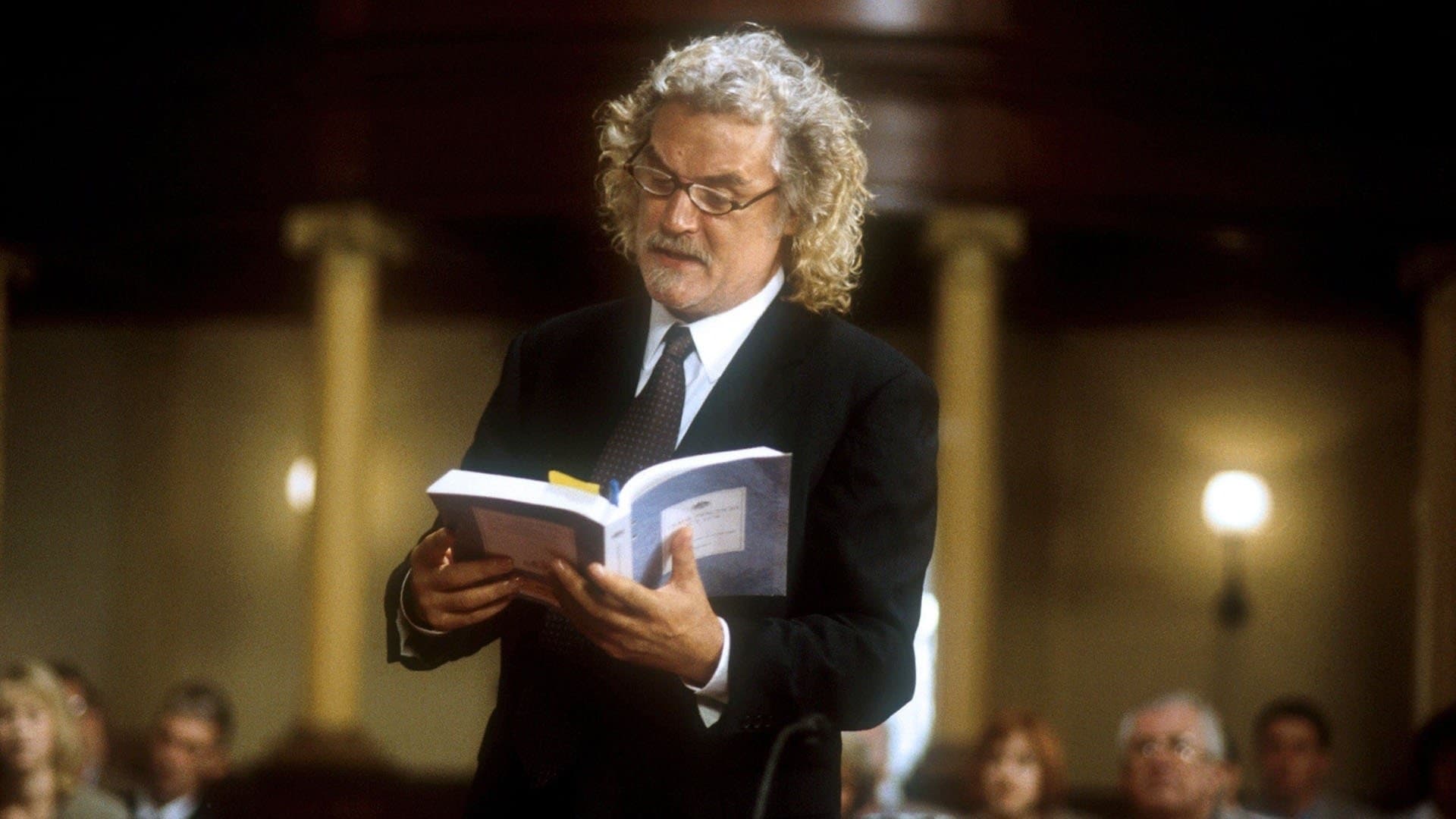The Man Who Sued God: A Deep Dive into Faith, Reason, and the Absurdity of Justice
Philip Ridley's 2001 film, The Man Who Sued God, isn't your typical courtroom drama. It eschews the slick legal battles and dramatic pronouncements for a more nuanced, almost surreal exploration of faith, reason, and the inherent limitations of the justice system in the face of the inexplicable. This isn't a film that offers easy answers; rather, it poses profound questions and leaves the audience grappling with its unsettling ambiguities long after the credits roll.
This isn't just a review; it's a dissection of the film's unique blend of dark humor, philosophical inquiry, and genuinely unsettling imagery. We'll delve deeper than the surface-level plot summary, exploring the symbolic weight of its characters and the unsettling beauty of its aesthetic choices.
Steven's Unconventional Crusade: The film centers around Steven, a struggling artist whose life is turned upside down after his beloved art is destroyed. He doesn't seek compensation from the obvious culprit; instead, he files a lawsuit against God. This audacious act is not merely an act of rebellion against a higher power; it's a desperate attempt to reclaim meaning and control in a world that has dealt him a cruel hand. Steven's journey isn't about winning the case; it's about confronting the existential void that his loss has created. He’s a flawed, relatable protagonist, not a saint fighting for justice, but a man grappling with grief and disillusionment.
More Than a Legal Battle: A Spiritual Journey: The courtroom scenes are less about legal arguments and more about a clash between faith and reason. The representation of God, or rather, the representation of the divine's response to Steven's lawsuit, is both comical and profoundly unsettling. The film masterfully avoids simplistic depictions of faith or atheism, presenting a complex interplay of belief, doubt, and the human need for meaning in a chaotic universe. This is where Ridley’s genius shines; he doesn't offer answers, he presents the absurdity of the situation, leaving the audience to contemplate their own belief systems.
Symbolism and Surrealism: Ridley employs a distinct visual style that enhances the film's surreal and dreamlike atmosphere. The recurring motifs, such as the destroyed art and the strangely symbolic courtroom setting, contribute to the film's unsettling power. The imagery isn't just decorative; it's integral to the narrative, enriching the emotional impact of Steven's journey. The film operates on multiple levels, allowing for multiple interpretations and encouraging a deeper engagement with its themes.
Beyond the Verdict: The ultimate "verdict" of the film is far from clear-cut. The ending isn't a resolution, but a continuation of the ambiguous journey. This deliberate ambiguity is what makes The Man Who Sued God so compelling. It’s a film that stays with you, provoking reflection long after the credits roll. It challenges you to examine your own beliefs and grapple with the existential questions that plague humanity. It's not about finding easy answers, but about embracing the uncertainty and absurdity of existence.
In conclusion, The Man Who Sued God is more than just a film; it’s an experience. It's a thought-provoking exploration of faith, reason, and the human condition, presented with a unique blend of dark humor, surreal imagery, and compelling storytelling. It’s a film that deserves to be revisited and discussed, a testament to Ridley's bold and unconventional vision. It’s a film that will stay with you, not because of its answers, but because of the questions it raises.


